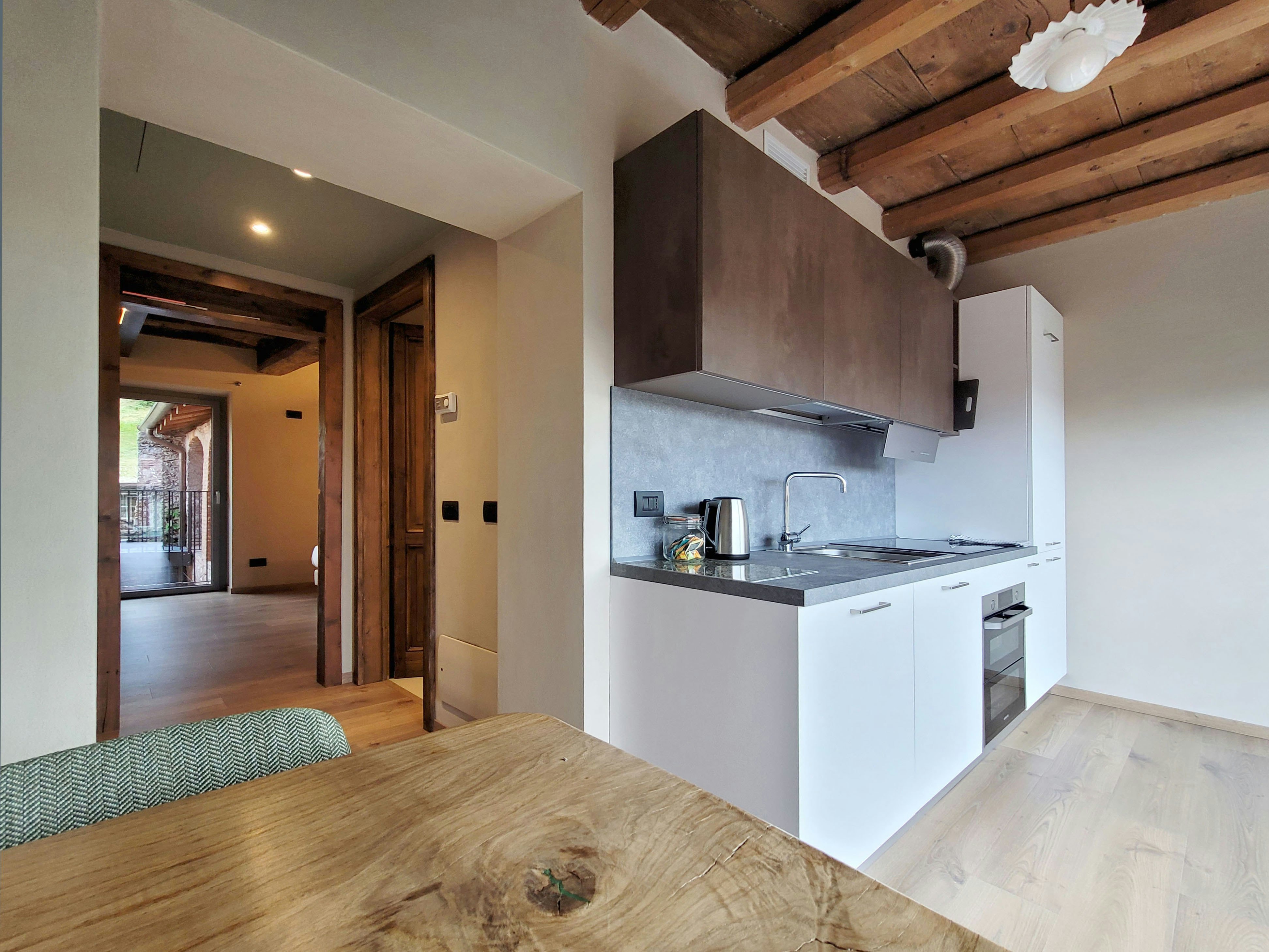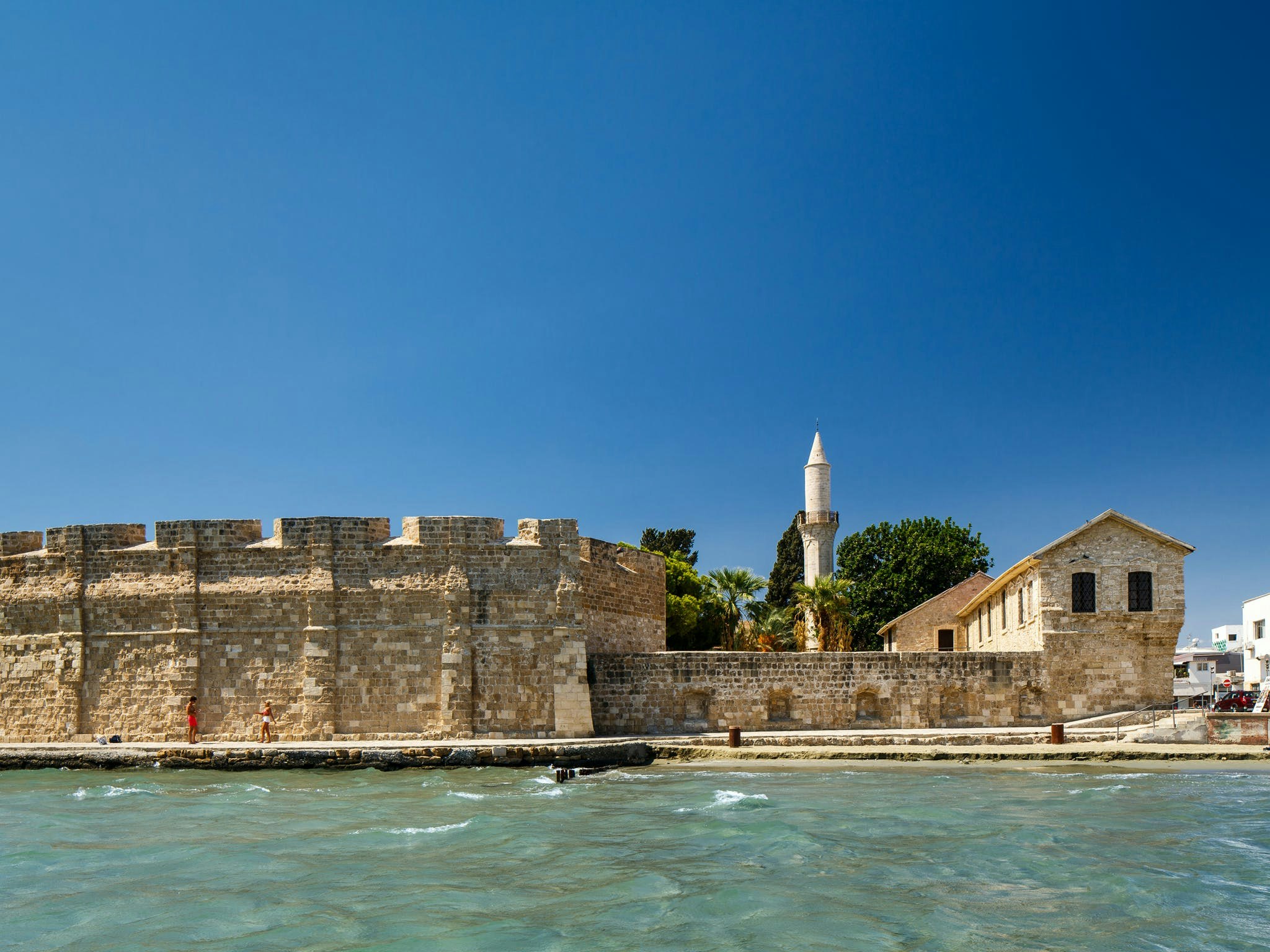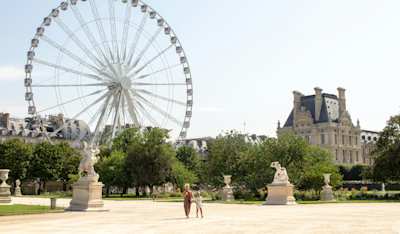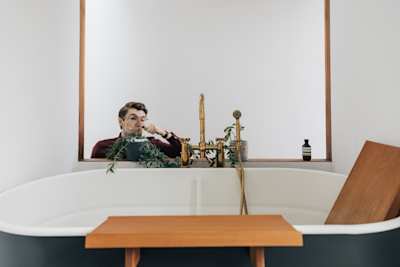Travel and Coronavirus: Plum Guide's Tips
Travel tips, advice and how to stay safe and healthy while travelling at this time.
~

With the coronavirus now being declared a global pandemic, uncertainty around travel is more fraught than ever before. Confusion surrounds what to do if you’ve already got a trip booked, or, if you’re thinking of planning a trip, how far ahead you should plan. A lot of this depends on where and when you are planning to go and how that region has been affected by coronavirus.

Is it safe to travel during the coronavirus outbreak?
(Updated 23rd March)
This depends on what your government is advising. For example, the US Centers for Disease Control and Prevention website provides the most up-to-date travel advice.
Countries have imposed strict travel bans to prevent the spread of coronavirus within their borders. The US State Department is advising citizens to avoid all international travel, escalating its global travel warning to Level 4: Do Not Travel. Non-essential travel to the EU has been banned for 30 days and the United Kingdom’s foreign Office has advised against all non-essential international travel for 30 days.
Should I cancel a trip I’ve planned?
Most governments are advising against non-essential travel to and from countries where coronavirus infections have been particularly high, such as China, the Philippines, Japan, South Korea, Iran and all of Europe. Due to ongoing and rapidly changing developments, it’s imperative that you stay up to date with your government’s travel recommendations. You should also regularly check the latest entry requirements for your destination and keep in touch with your airline, cruise line or tour operator before you travel.
How to protect yourself while travelling
If you are already travelling, whether it be by plane, train or ship, you should make sure you’re being extra vigilant with regards to your personal hygiene, particularly with hand washing. Think about how many surfaces you touch that other people touch too. Handrails, seat trays, door handles and counter and table tops are all potential places for coronavirus to be lurking. While you cannot become infected just by touching it, if you touch your face afterwards without first washing your hands with soap and water for twenty seconds (or the time it takes you to sing happy birthday twice), you could be putting yourself at risk. On average we tend to touch our faces, noses, eyes and mouths fifteen times an hour, often without realising it. For this reason you should carry an alcohol-based, anti-bacterial gel with you at all times. Wash your hands before and after eating, and after using public transport or public toilets.
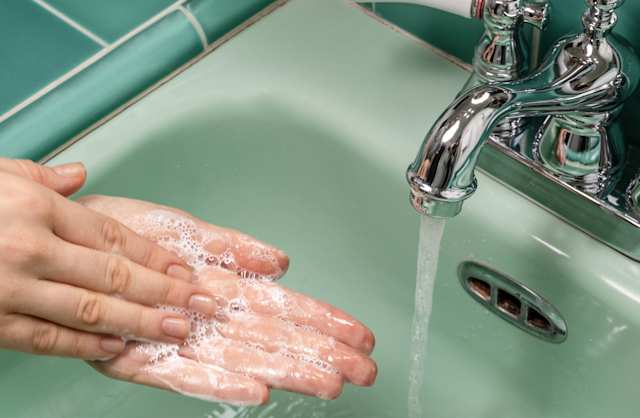
Social distancing – by keeping six feet away from other people – can also protect you from infection. Of course this is not always possible on public transport or in shops, but if you plan ahead you can at least minimise your exposure to these situations. You should also steer clear of people who have recently been in places that have high rates of coronavirus infections.
A good travel tip for any time is to get plenty of sleep, to eat well and take regular exercise. This will not only boost your immune system, and consequently your health, but will help to limit the effects of jet lag and being sedentary for long periods of time. Packing extra clothing in your hand luggage is also advisable, as you may need a change of clothes if you are delayed or have to spend longer than you planned in one location because of flight disruption. The same goes for any chronic medication you take.
When to self-isolate
If you have recently returned from a high-risk area, and even if you are showing no symptoms of coronavirus (high fever, dry cough, sore throat), you should consider self-isolating for seven days as a precaution. This is because people are able to spread the virus without knowing that they even have it. Self-isolation may have to include all the people in your household too. Although it is an extreme measure, it is far better to err on the side of caution.
What happens if my travel destination is hit by coronavirus?
Fortunately, some hotels and rental sites, including Plum Guide, are drastically reducing, and in some cases waiving, cancellation penalties. Before you make accommodation bookings you should therefore ensure you are aware of any cancellation policies. View our latest cancellation policy here.
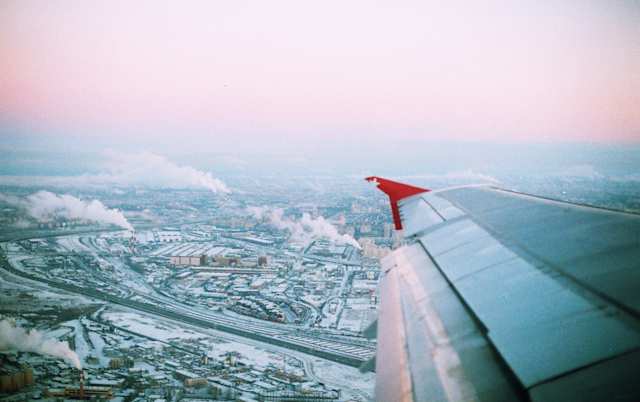
Airlines and coronavirus
Airlines are also allowing passengers to change, free of charge, the dates and destinations of flights they’ve already booked. Passengers who book tickets within a certain time frame are also being permitted to make changes without being penalised. Again, this is a constantly evolving situation and due to ongoing flight disruption we urge you to check with individual airlines on their current policies.
If you’re looking for holiday inspiration for when the time comes to travel again, browse the world's most remarkable stays.
If you're thinking of changing your travel plans, find out about Plum Guide's cancellation policy.
